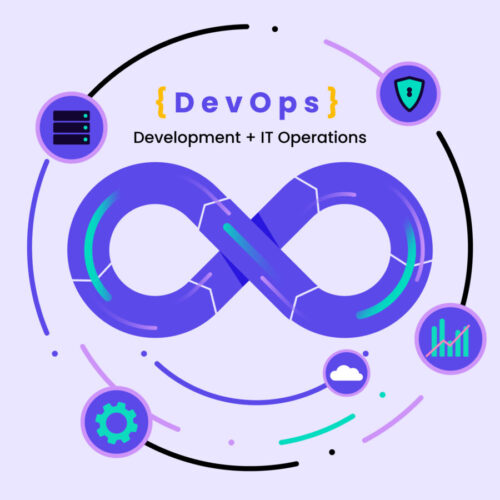DevOps has become a key approach for strengthening cooperation between development and operations teams in today’s fast-paced digital environment, which speeds up software delivery and raises product quality. The appropriate tool selection is one of the most important factors in a successful DevOps implementation. Selecting the best solutions for a company’s unique requirements might be difficult given the abundance of possibilities available. The top 10 DevOps tools that your business should think about incorporating into its workflow are covered in this article.
1. Jenkins
Building, testing, and deploying apps are just a few of the steps in the software delivery process that may be automated with Jenkins, an open-source automation server. Jenkins’s comprehensive capabilities and wide-ranging plugin ecosystem enable teams to effectively accomplish continuous integration and delivery, or CI/CD.
2. Docker
Docker revolutionized the way applications are developed and deployed by enabling containerization. It allows developers to package their applications and dependencies into lightweight containers that can run consistently across different environments. Docker facilitates faster delivery of software and simplifies deployment workflows, making it a must-have tool for DevOps teams.
Hire DevOps Engineer Now from Zedtreeo!
3. Kubernetes
With its potent capabilities for automating the deployment, scaling, and maintenance of containerized applications, Kubernetes has emerged as the de facto standard for container orchestration. Kubernetes helps enterprises to create scalable and resilient infrastructure for their microservices architecture with features like load balancing, automatic scaling, and service discovery.
4. Git
Git is a distributed version control system that plays a central role in modern software development practices. It allows developers to collaborate effectively, track changes, and manage code repositories with ease. Git’s branching and merging capabilities make it an essential tool for implementing agile workflows and facilitating code reviews in DevOps environments.
5. Ansible
Ansible is a potent automation tool that makes activities related to orchestration, application deployment, and configuration management easier. By defining infrastructure as code using a declarative language, teams can automate tedious operations and guarantee consistency among their environments. Ansible is a well-liked option for DevOps automation because of its agentless architecture and ease of use.
6. Terraform
Using declarative configuration files, teams can supply and manage cloud resources with Terraform, an infrastructure as code tool. Terraform enables enterprises to specify their infrastructure in code and version it alongside their application code, guaranteeing repeatability and scalability. It supports numerous cloud providers and has a robust community of plugins.
7. ELK Stack (Elasticsearch, Logstash, Kibana)
An effective set of open-source tools for analytics and log handling is the ELK stack. Logstash is used to gather and process logs, Kibana is used to visualize and analyze log data through interactive dashboards, and Elasticsearch is used to store and index log data. DevOps teams may more efficiently troubleshoot issues and obtain insights into the performance of their application with the aid of the ELK stack.
8. Prometheus
Prometheus is an open-source monitoring and alerting toolkit designed for reliability and scalability. It collects metrics from monitored targets, stores them in a time-series database, and provides a powerful query language for analyzing and visualizing the data. Prometheus integrates seamlessly with Kubernetes and other cloud-native technologies, making it an ideal choice for monitoring modern, dynamic infrastructures.
9. Jira
Jira is a well-liked project management application that facilitates effective work planning, tracking, and management for teams. Jira helps DevOps teams to work together efficiently and maintain organization across the software development lifecycle with features like agile boards, issue tracking, and configurable workflows. Its functionality is further improved by integration with other DevOps tools like Jenkins and Git.
10. SonarQube
An open-source platform called SonarQube is used to continuously check code quality and security flaws. It helps teams find and fix technical debt early in the development process by offering automated code analysis, static code scanning, and reporting tools. SonarQube easily interacts with CI/CD pipelines, empowering teams to continuously produce high-quality software and uphold code quality requirements.
Conclusion:
Selecting the appropriate DevOps technologies is essential for optimizing your development processes, enhancing teamwork, and boosting the production of high-caliber software. The aforementioned tools are some of the greatest choices out there for businesses wishing to implement DevOps best practices. Organizations can achieve increased agility, efficiency, and innovation in their software delivery process by properly utilizing these tools.
